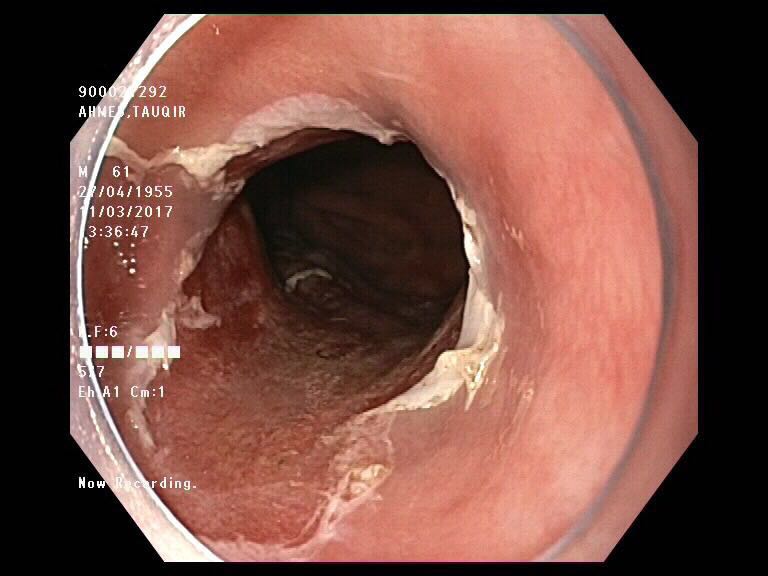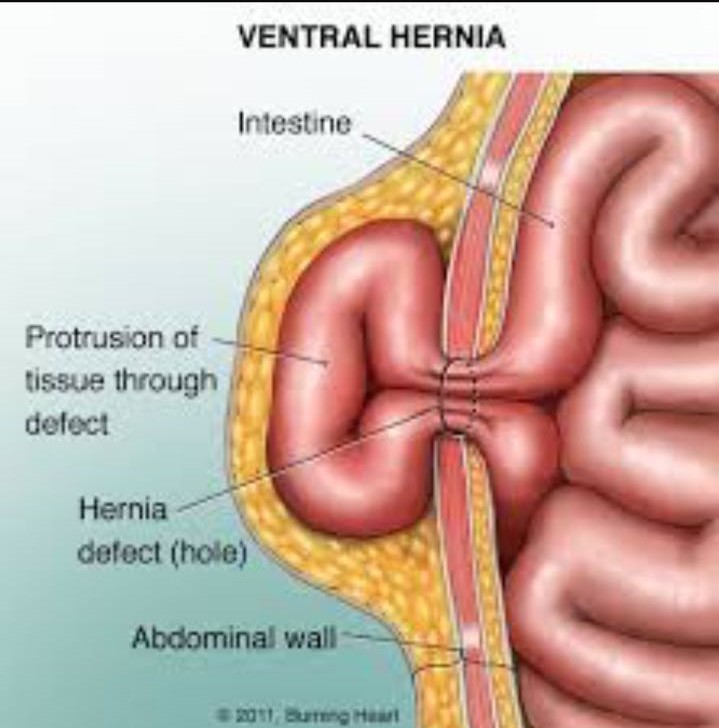“Hiatal hernia” A common cause of reflux and Barrett’s esophagus
(Treated by radiofrequency ablation and antireflux surgery)
The esophagus passes via an opening in the diaphragm as it paths throughout the chest to the stomach eventually ending in the stomach. This opening is generally sufficient for the passing of the esophagus and nothing else. Patients which have a hiatal hernia have an increased opening. A sliding hernia is the most typical of the four representing over eighty percent of all Hiatal hernias. The low esophageal sphincter- the high-pressure area near the junction of the gut and esophagus- fails and allows gut contents to reflux into the esophagus. The symptoms related to a hiatal hernia are variable, but typically include Heartburn – 30 – sixty minutes after eating.
Continue reading “Hiatal hernia” A common cause of reflux and Barrett’s esophagus









